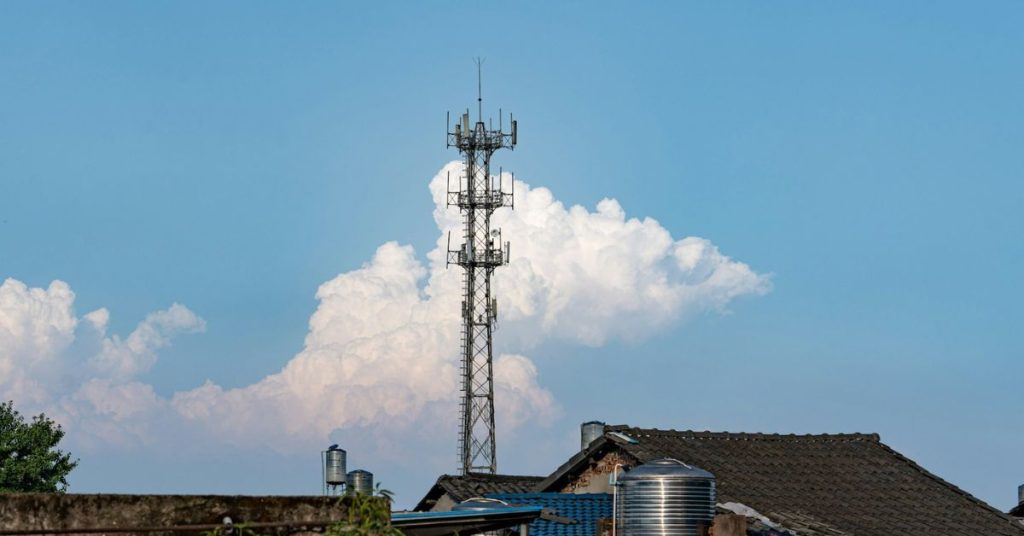In January 2020, I spoke to Charles, a Nigerian journalist studying in Uganda, and one of the interesting points of our conversation was the “Over the top tax.” The tax, introduced in 2018, means Ugandans pay a daily fee of 200 Shillings to use social media apps.
The new bill took many people by surprise. According to Charles, “On July 1st, I was on Facebook, and suddenly I wasn’t. Nothing was working anymore.”
“I spent two hours restarting the Airtel Mifi, switching positions. It was then, at about past 2 a.m, that it struck me. Like “Oh damn. This thing is on.”
One question I asked at the time was, “can’t you bypass the OTT tax with a free Virtual Private Network?” A VPN lets users send and receive data while remaining anonymous and secure online.
While some VPNs were listed as part of the services you had to pay social media taxes for, many Ugandans still used other VPNs and public WiFis to sidestep the tax anyway. While there were genuine concerns that the OTT was another form of censure, the government claimed the tax was a way to raise money.
Vincent Semura, who works with the country’s tax authority, confirmed this narrative. “One of the reasons that this tax was introduced is that we see more and more people using internet data for communication and therefore the telephone companies were losing revenue, as well as the government.”
The government’s plan has not played out how it imagined. While the Ugandan government’s projected revenue was about $77.8 million (248 billion Ugandan shillings), it raised only about $13.5 million (49.5 billion shillings).
The actual cost of the tax has been a reduction in the number of internet users. Three months after the tax, Uganda’s Communications Commission (UCC) data showed that internet users declined by 5 million.
An even more recent market report from the UCC also showed that the number of internet subscribers who were not paying the tax was at least 7.6m of the target 18.9m subscribers.
It is clear that the government has not hit its revenue target and has forced millions of people offline with a failed policy. While it has acknowledged the failure of that policy with plans to repeal it, it wants to replace the OTT tax with a broader tax on internet bundles.
New taxes to generate revenue
A proposed tax on Internet bundles is one of the seven new taxes that the government wants to apply from July 1 if members of parliament approve it.
The new bill will introduce excise duty on internet data at a rate of 12%, with the exclusion of data used to provide medical and education services. This sort of tax will be near impossible to avoid using VPN.
Since it is charged at the point of buying the data, there is no way around it. If it is passed, the government will move closer to meeting its revenue targets, forcing even more people offline.
While Uganda’s population is estimated to be 45 million, there are only 12 million internet users in the country, with a noticeable improvement between 2020 and 2021. Yet these bills, if passed, will hamper progress and increase the digital divide in Uganda.



















